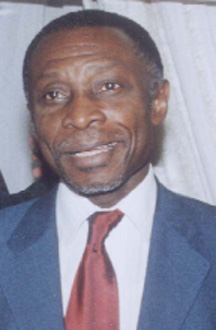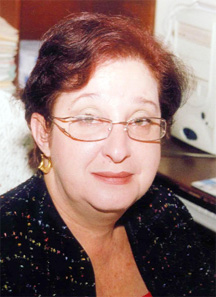-Greenidge
Chairman of the Public Accounts Committee (PAC) Carl Greenidge has admitted that there has been a delay in the examination of the 2010 Auditor General’s report, for which he blames the government’s continued stymieing of the work of the committee.
Greenidge made this statement in response to criticisms by presidential advisor on governance Gail Teixeira, who was reported by the Government Information Agency (GINA) in October as saying that the PAC has not looked at the 2010 report of the Auditor General on the public accounts and that no state agency has yet been called to answer questions on the report.
“Meanwhile, the 2011 report has been submitted by the Auditor General. This means that the committee which is chaired by APNU’s Carl Greenidge is lagging two years behind,” Teixeira was quoted as saying by GINA.

However, Greenidge told Stabroek News that Teixeira is not giving the full picture of the reasons for the delays. “It is true that the Public Accounts Committee has not looked at the 2012 Accounts. What it has done is gone through the process of calling up the agencies and informing when they are supposed to meet and so forth,” he said.
“But because we have been diverted by two things we haven’t been able to set this process in train and the two things are, first of all, the problem [of] the appointment of staff to the Audit Office and secondly we have not been able to meet as often as we would have liked to, for reasons that primarily have to do with especially the PPP membership on the committee,” he said, adding that there is a lot of difficulty getting the Government to agree on dates for the sitting of the PAC.
Greenidge said that the lag is attributable to the fact that until September 2012, the only report that was available to the PAC was the 2010 report. “It isn’t as though two years ago it was with us and we haven’t done anything. It is rather unfortunate that someone like Teixeira, who has been around for so long would be reporting about this matter in this way,” he said of her comments.
Teixeira, according to GINA, also said that the opposition’s actions – including budget cuts earlier in the year – were characterised by contravention of established parliamentary rules and procedures.
Responding to Teixeira’s charge, Greenidge said, “I utterly reject this…utterly and absolutely without qualification.”

“The parliamentary rules and procedures that govern us are very clear. Only the government can submit proposals for expenditure, which they did. The parliamentary procedures say that the House, sitting as the Committee of Supply, will go through in the detail and when they are satisfied they will put it to the main House, in reporting to the main House,” he said. “There seems to be some confusion. But it has to be understood that the Constitution is part of the legislation in Guyana and therefore the Standing Orders matter…” said Greenidge.
He said that the fact that numbers have not been changed before only reflects the fact that there has always been a majority government up until now. “It is the majority that is making the change so in that sense no convention has been changed,” he said, while adding that where the Standing Orders do not say something specifically, the practice is to resort to Erskine May and British practice.
He rejected as “utter nonsense” a position given by Attorney General Anil Nandlall that the House can only accept the budget or reject it in totality. He said that this only happens in countries in whose constitutions there is a provision for the government to be a part of a special committee that precedes the Committee of Supply. He said that in this special committee, the two sides have to agree on the budget.
“We have a government here which is completely dishonest. It does not have that legislation… does not have those rules in its Standing Orders. So the opposition can only change the amounts [in the budget] in the Committee of Supply. It is now trying to reinterpret the Committee of Supply to say that the opposition cannot make changes in the Committee of Supply. It is the government that faces a majority in Parliament and it is fabricating constitutional rules that do not exist, importing elements from elsewhere so as to allow them [unbridled] power to have what they want,” he said.




